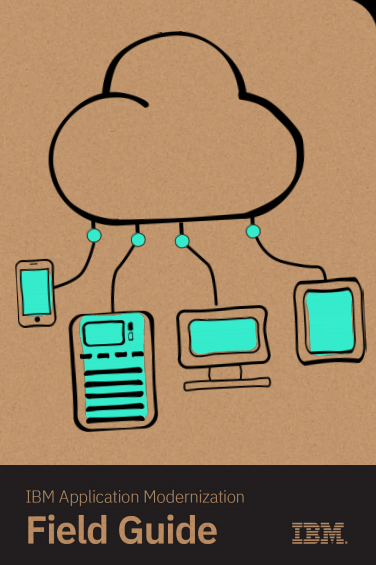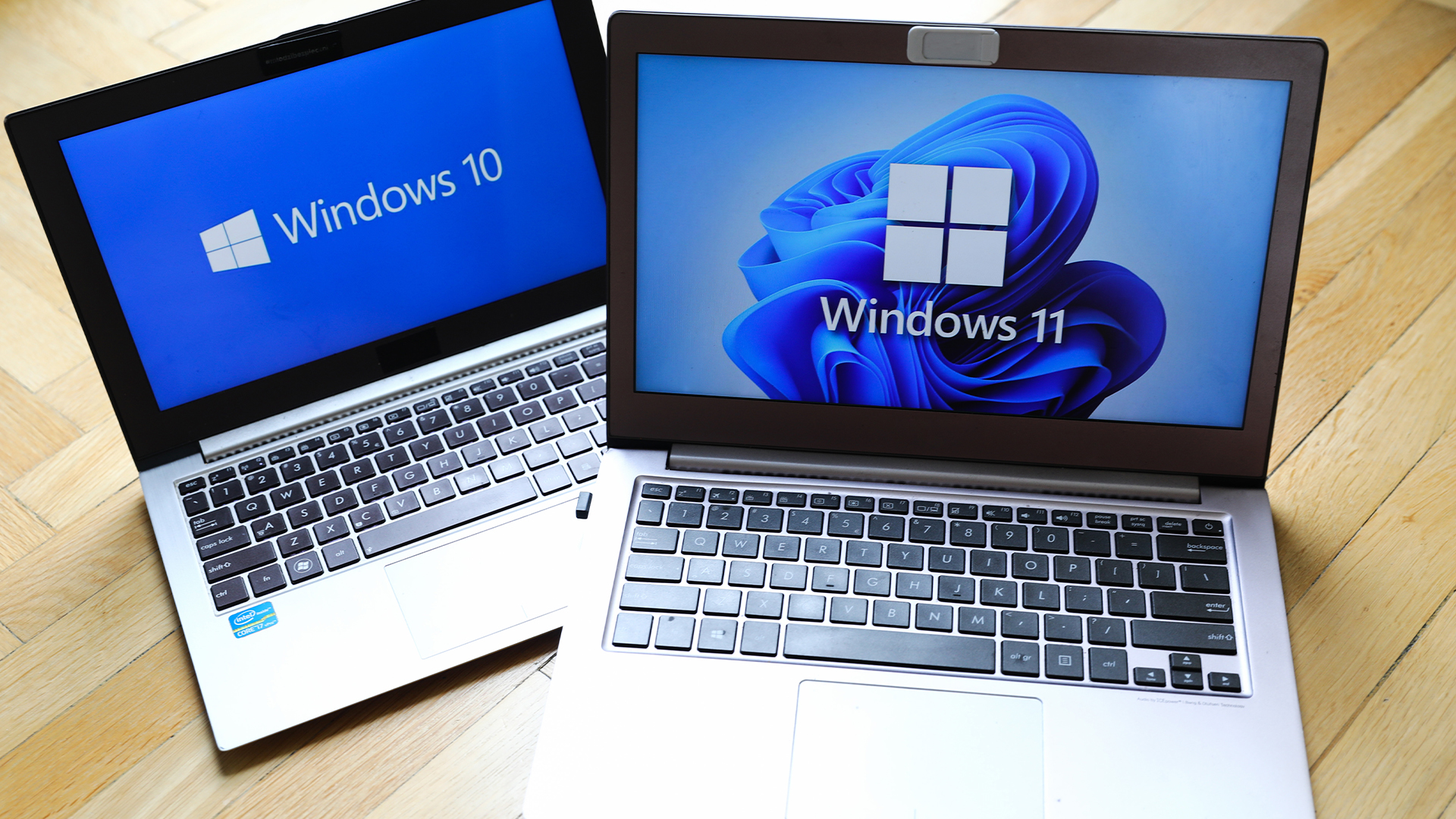Android 11 developer access arrives earlier than expected
Developers can now preview the latest OS, with the full launch scheduled for Q3 2020


Sign up today and you will receive a free copy of our Future Focus 2025 report - the leading guidance on AI, cybersecurity and other IT challenges as per 700+ senior executives
You are now subscribed
Your newsletter sign-up was successful
Developers can preview and test their apps against the latest iteration of Google’s Android mobile OS a month earlier than expected.
The free Android 11 Developer Preview programme offers developers a runtime environment in which to test their apps, as well as experiment with any OS changes that could improve app functionality.
Although Google usually releases its Android developer preview versions around mid-March, the preview iteration for the forthcoming Android 11 OS has been given an unexpected mid-February launch.
Further updates to the developer preview will be issued in March and April, while Google currently expects to release Beta iterations of Android 11 in May and June. This period will focus on achieving platform stability, with a final release slated for the third quarter of 2020.
"At key development milestones, we'll deliver updates for your development and testing environments. Each includes SDK tools, system images, emulators, API reference, and API diffs," Google said in a post, the latter point referencing a visual tool for comparing versions of software.
RELATED RESOURCE

"We're introducing a milestone called 'Platform Stability' to help you plan your final testing and releases," the post added. "This milestone means that Android 11 has reached final internal and external APIs, final app-facing behaviors, and final non-SDK graylists."
“We expect Android 11 to reach Platform Stability at Beta 2 in June 2020," Google added. "From that point, you can expect no further changes affecting your apps."
Sign up today and you will receive a free copy of our Future Focus 2025 report - the leading guidance on AI, cybersecurity and other IT challenges as per 700+ senior executives
The Android 11 preview can only be used on Google’s smartphones, including the Pixel 4 and 4XL, Pixel 3a and 3a XL, Pixel 3 and 3 XL, and Pixel 2 and 2 XL.
Google’s new mobile OS is expected to introduce a swathe of new features for users as well as developers. One of the most significant changes is in data access auditing, whereby developers can better identify and rectify potentially unexpected data access in their apps.
Android 11 also adds several methods to the MediaStore API with regards to performing batch operations, to the benefit of consistency across devices and added user convenience. Generally, this will be useful for apps that want a streamlined flow for modifying media files, such as editing a photo in-place.
Moreover, in situations involving machine learning or media playback, the OS allows large datasets to be cached on the device using ‘shared data blobs’ which can be shared between apps. This is a change from the way that both apps would currently each need to download a separate copy of the same large dataset.
In terms of security, Android 11 introduces an interface that defines the possible strengths of biometric hardware elements, with the handset manufacturer denoting a strength for each element.

Keumars Afifi-Sabet is a writer and editor that specialises in public sector, cyber security, and cloud computing. He first joined ITPro as a staff writer in April 2018 and eventually became its Features Editor. Although a regular contributor to other tech sites in the past, these days you will find Keumars on LiveScience, where he runs its Technology section.
-
 Pulsant unveils high-density data center in Milton Keynes
Pulsant unveils high-density data center in Milton KeynesNews The company is touting ultra-low latency, international connectivity, and UK sovereign compute power to tempt customers out of London
-
 Anthropic Labs chief claims 'Claude is now writing Claude'
Anthropic Labs chief claims 'Claude is now writing Claude'News Internal teams at Anthropic are supercharging production and shoring up code security with Claude, claims executive
-
 Windows 10 extended support costs could top $7 billion
Windows 10 extended support costs could top $7 billionNews Enterprises sticking with Windows 10 after the October deadline face huge costs
-
 Tiny11 review: Windows 11 with only 2GB of RAM
Tiny11 review: Windows 11 with only 2GB of RAMReview A version of Windows 11 for older machines that don't meet the full requirements
-
 Red Hat Enterprise Linux becomes foundational operating system for Cohesity Data Cloud
Red Hat Enterprise Linux becomes foundational operating system for Cohesity Data CloudNews New strategic partnership between Red Hat and Cohesity aims to drive innovation in the data security and management space
-
 Ubuntu shifts to four-week update cycle
Ubuntu shifts to four-week update cycleNews Critical fixes will also come every two weeks, mitigating the issues involved with releasing prompt patches on the old three-week cadence
-
 AlmaLinux follows Oracle in ditching RHEL compatibility
AlmaLinux follows Oracle in ditching RHEL compatibilityNews Application binary compatibility is now the aim with 1:1 now dropped
-
 How big is the Windows 10 cliff-edge?
How big is the Windows 10 cliff-edge?ITPro Network With some comparing the upcoming Windows 10 end of life to Windows XP, we ask members of the ITPro Network for their insight
-
 Everything you need to know about the latest Windows 11 updates - from bug fixes to brand-new features
Everything you need to know about the latest Windows 11 updates - from bug fixes to brand-new featuresNews Two new cumulative updates are on the way and will be installed automatically on Windows 10 and Windows 11 machines
-
 How to download a Windows 11 ISO file and perform a clean install
How to download a Windows 11 ISO file and perform a clean installTutorial Use a Windows 11 ISO to install the operating system afresh